Research
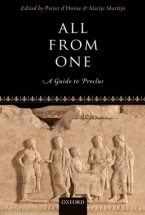
Proclus (412-485 A.D.) was one of the last official "successors" of Plato at the head of the Academy in Athens at the end of Antiquity, before the school was finally closed down in 529. As a prolific author of systematic works on a wide range of topics and one of...

Dr. Korzeniewski's talk discussed the maturation of Venus in the Aeneid and her coming to accept Aeneas’ fated destiny. The full conference program may be found here.
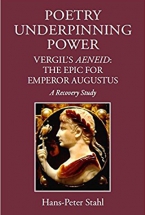
In recent decades, international research on Virgil has been marked, if not dominated, by the ideas of the 'Harvard school' and similar trends, according to which the poet was engaged in an elaborate work of subtle subversion, directed against the new ruler of the...
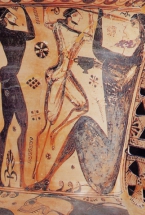
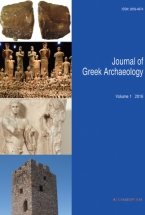
‘Dark tourism’ is generally defined as travel to sites associated with suffering, death, or the macabre. In the modern world, popular dark tourism destinations include bloody battlefields such as Gallipoli and Waterloo, sites of disaster like Chernobyl and the World...
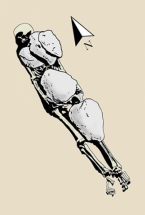
Virginia Magazine turned to U.Va. academics from six disciplines and asked them how each of their respective fields interprets the supernatural—spirits, visions, the undead and more: Archaeologists generally agree that the ancient Greeks believed in things that we...
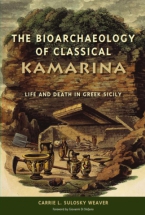
Sicily was among one of the first areas settled during the Greek colonization movement, making its cemeteries a popular area of study for scholars of the classical world. Yet these studies have often considered human remains and burial customs separately. In this...

For the ancient Greeks, the dead were subjects of both fear and supplication. Necrophobia, or the fear of the dead, is a concept that has been present in Greek culture since the Neolithic period. At the heart of this phobia is the belief that corpses are able to...
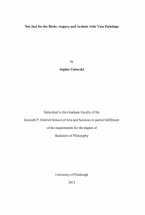
With the exception of extispicy scenes catalogued by Francois Lissarrague and snake-eagle omens discussed by Diana Rodríguez Pérez, divination has been ignored by vase-painting scholars and of ancient religion scholars, only Michael Flower has touched on visual...

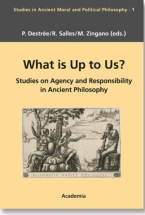
The problem of responsibility in moral philosophy has been lively debated in the last decades, especially since the publication of Harry Frankfurt's seminal paper, "Alternate possibilities and moral responsibility" (1969). Compatibilists - also known as "soft"...
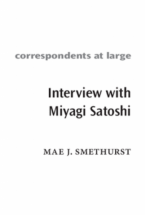
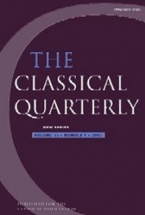
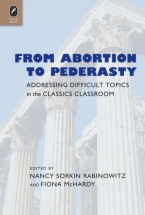
Death can be an uncomfortable subject. Yet, much of what we know about ancient societies comes from funerary contexts, making discussions of death in the classroom unavoidable. Indeed elements of religion and the supernatural (itself a difficult topic), the funeral...
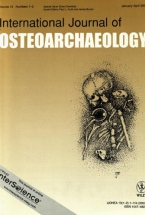
Excavations at Punta Secca, Sicily (Italy), in 2008 uncovered a substantially built tomb of ca ad 625/630 inside a private house and accompanying evidence for libations and funerary feasting in honour of the deceased. Inside the tomb were the skeletal remains of an...
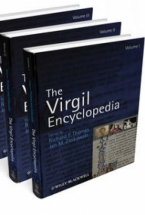
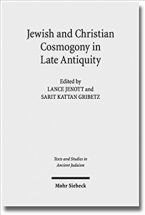
The authors of this collection of essays explore di4erent ways that ancient Jews and Christians understood the world's creation and how this understanding shaped their world. In this volume discussions of cosmogony are not only placed within the contexts of biblical...
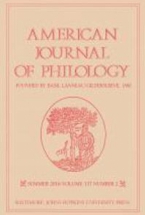

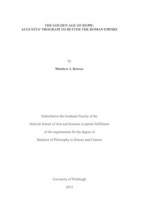
In the "Aeneid," Vergil dramatically announces through the character of Anchises that Caesar Augustus is destined to bring the Golden Age to Rome, an era of great peace, security and prosperity. The concept of this “Golden Age” pervades the Augustan period of Roman...
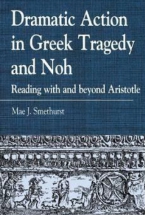
This book explores the ramifications of understanding the similarities and differences between the tragedies of Euripides and Sophocles and realistic Japanese noh. First, it looks at the relationship of Aristotle’s definition of tragedy to the tragedies he favored....

Conference organizers: Dr. Marco Sgarbi, University of Verona, and Dr. Luke B.T. Houghton, University of Glasgow
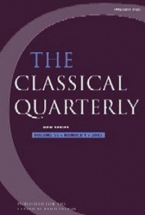
"This paper will consider what Aristophanes’ Clouds can teach us about the state of academic disciplines in late fifth-century Athens. In particular, I will call attention to a moment in Clouds which suggests that Aristophanes not only possessed a concept...

